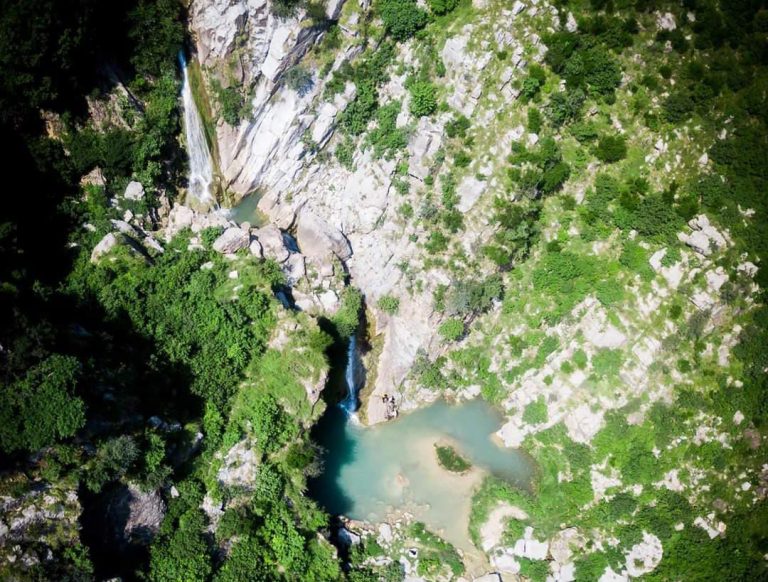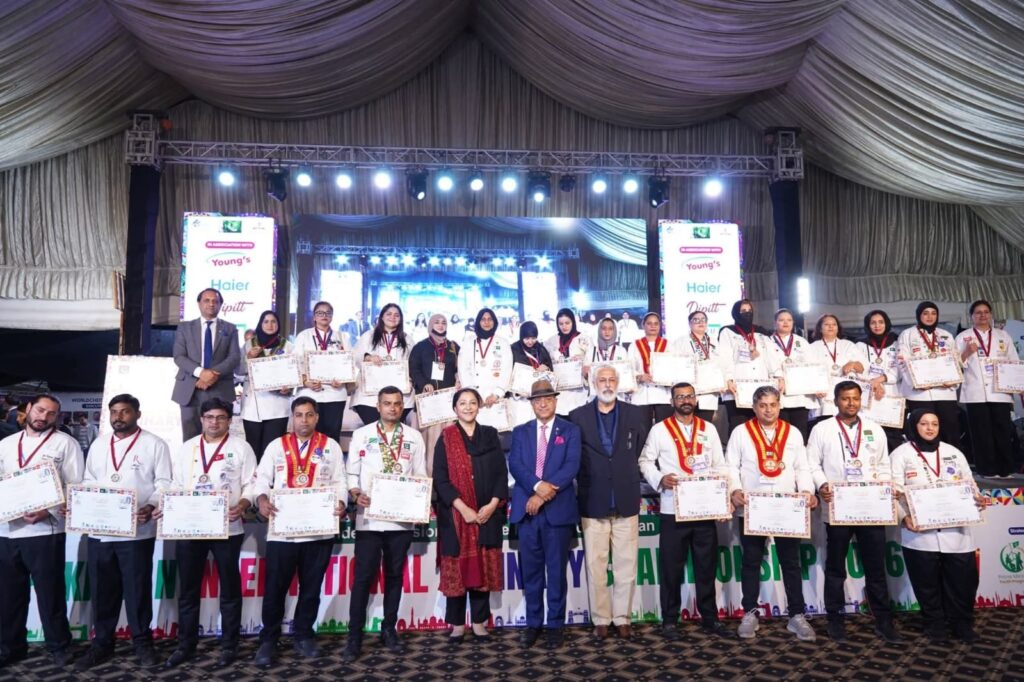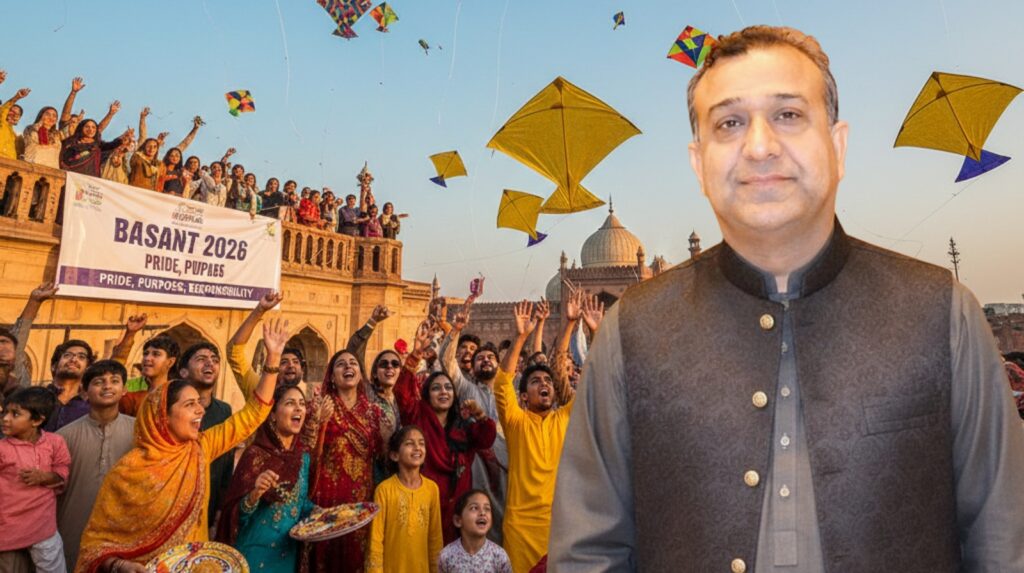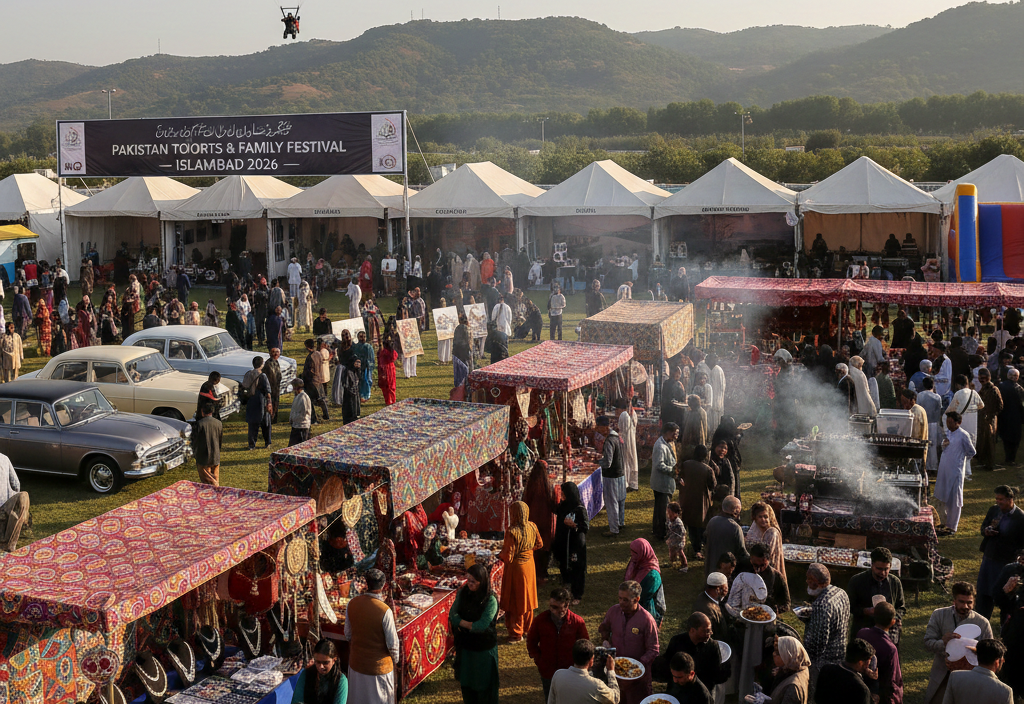Nestled in the verdant hills of Jab Valley, just 25 kilometers from Haripur and approximately 60 kilometers from Islamabad, lies one of Pakistan’s most captivating natural wonders: the Hazara Waterfalls. A set of eight enchanting cascades, these waterfalls remain relatively unknown but hold immense potential to become a major eco-tourism destination in Khyber Pakhtunkhwa (KP).
Discovered by the public eye only recently in 2021, thanks to YouTuber and CEO of Metrix Pakistan, Hassan Nisar, these waterfalls are now drawing attention from hikers, vloggers, and environmentalists. “The tranquility and purity of the landscape were beyond remarkable,” Nisar told APP. “I knew instantly this place could play a vital role in promoting nature-based tourism — but it needs proper exposure and protection.”
A Scenic Paradise Near Islamabad
Each of the eight waterfalls varies in form, size, and water flow. Some feature wide, shallow pools ideal for family outings, while others drop dramatically over rocky cliffs — perfect for adventurers and photographers. Comparable in beauty to Swat, Kumrat, and Neelum Valley, Jab Valley remains quieter and more pristine, offering a peaceful retreat for nature lovers.
Local Voices & Growing Popularity
According to Raja Usama Kayani, a community guide and advocate, “These eight waterfalls are Hazara’s hidden jewels. We’ve been promoting them through social media and helping tourists ourselves, but we now need proper infrastructure and environmental planning.”
Raja Muhammad Tahir, a seasoned journalist from Hazara Division, emphasized the site’s untapped tourism potential. “With smart development and environmental safeguards, Jab Valley can become a top destination for nature tourism in KP.”
Presently, the site receives around 1,000 to 5,000 visitors weekly during spring and summer. Many visitors are drawn by social media posts from Islamabad and Abbottabad, often shared by vloggers, student groups, and photographers across platforms like YouTube, TikTok, and Instagram.
Challenges & Opportunities
Despite its natural charm, the Hazara Waterfalls still lack basic facilities such as paved roads, signage, public toilets, or designated parking. These gaps limit accessibility and raise concerns about unregulated tourism impacting the area’s fragile ecosystem.
The KP government, which has highlighted tourism as a key engine for regional development, is now considering Jab Valley for eco-tourism investment, especially given its proximity to Islamabad and peaceful surroundings.
Community-Led Tourism Potential
Local youth have already started earning by guiding visitors, offering refreshments, and managing parking. With training and small-scale infrastructure, Jab Valley could become a model for community-driven sustainable tourism, benefiting both the economy and the environment.
As Pakistan looks to revive domestic tourism, the Hazara Waterfalls of Jab Valley offer a rare blend of accessibility, biodiversity, and untouched natural beauty — a true hidden gem waiting to be responsibly developed and celebrated.










